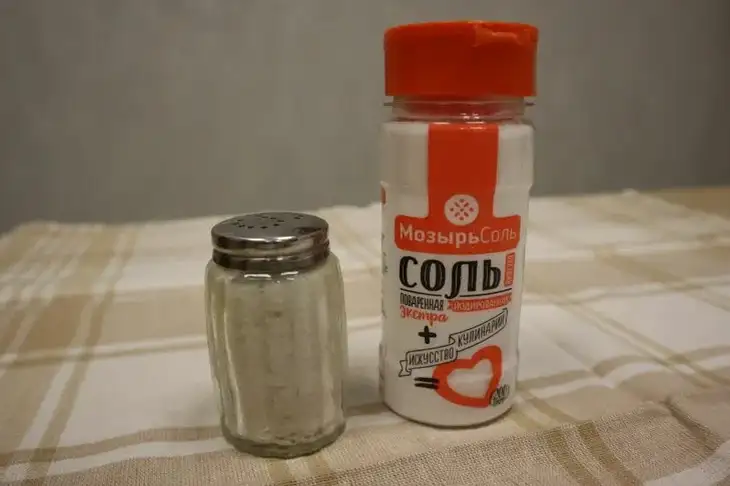Probably all mothers and fathers, before starting to feed their baby, tasted his food.
And most often it seemed bland to them - the hand just reached for the salt shaker to add salt to the children's food. But is it necessary?
First of all, we suggest finding out why the body needs salt at all.

In chemical terms, we are talking about sodium chloride, which is extremely important for the processes occurring in the human body. Sodium and chlorine ions are responsible for maintaining the water balance in cells, transmitting electrical signals (which affects the work of the heart) and other important physiological processes.
The conclusion is obvious: since salt is so important, it must be present in a child’s diet.
In fact, it's not quite like that. Until they reach one year of age, babies get everything they need from their mother's milk or formula.
After the first birthday, you should consult with the pediatrician who is monitoring the child - he will answer the question of whether it is possible to add salt to baby food.
As a rule, a baby gets a third of the daily requirement of sodium and chlorine from the food he is used to: sodium is found in eggs, cottage cheese, kefir, tomatoes, oatmeal, apples, etc., and chlorine is found in beef, rice, buckwheat, etc.
The remaining two thirds can be obtained additionally, but it should be taken into account that the usual portions of spices for adults are not suitable here.
Only a small amount of seasoning should be used to keep the food bland for adult tastes.
The recommended daily intake of salt for children is about 0.5 grams for every 10 kilograms of body weight.
